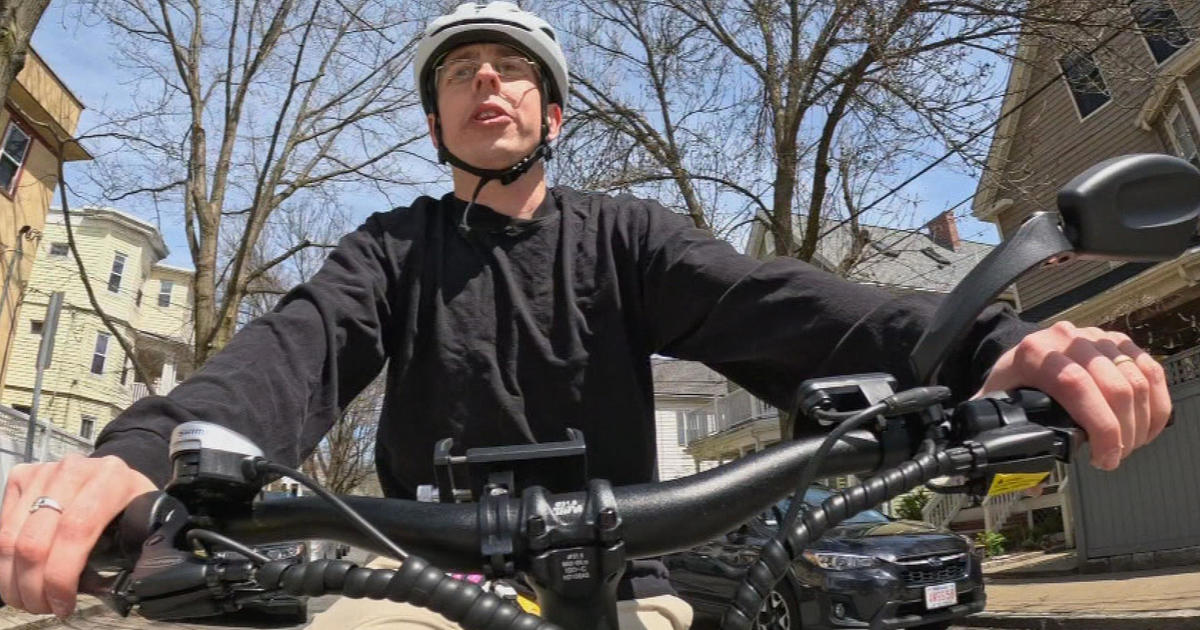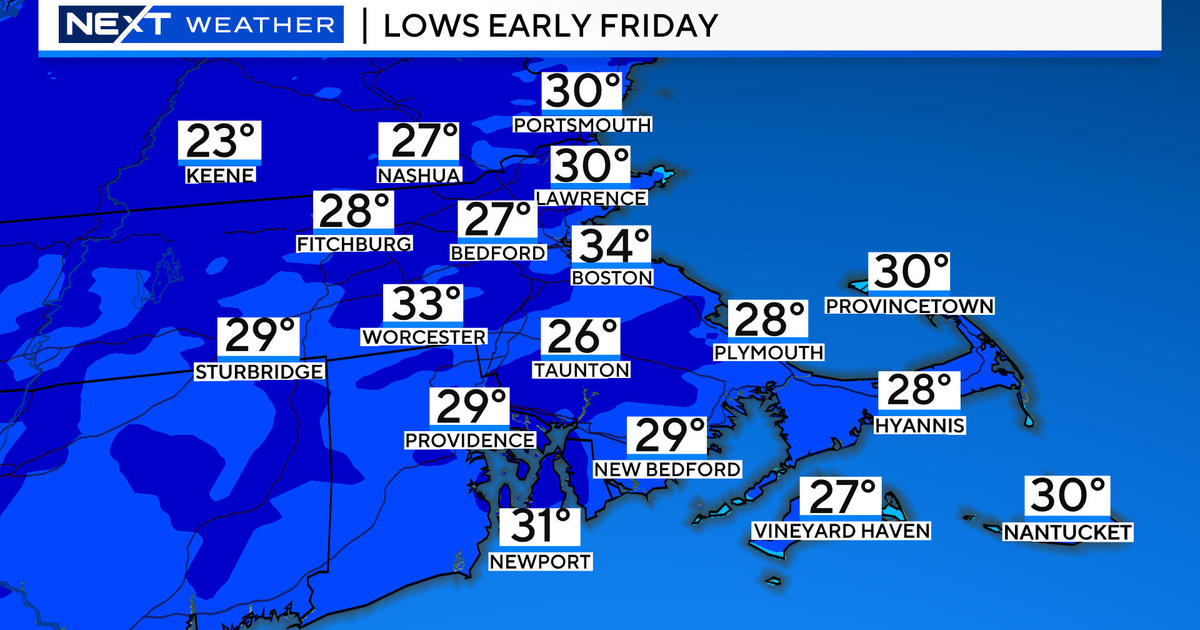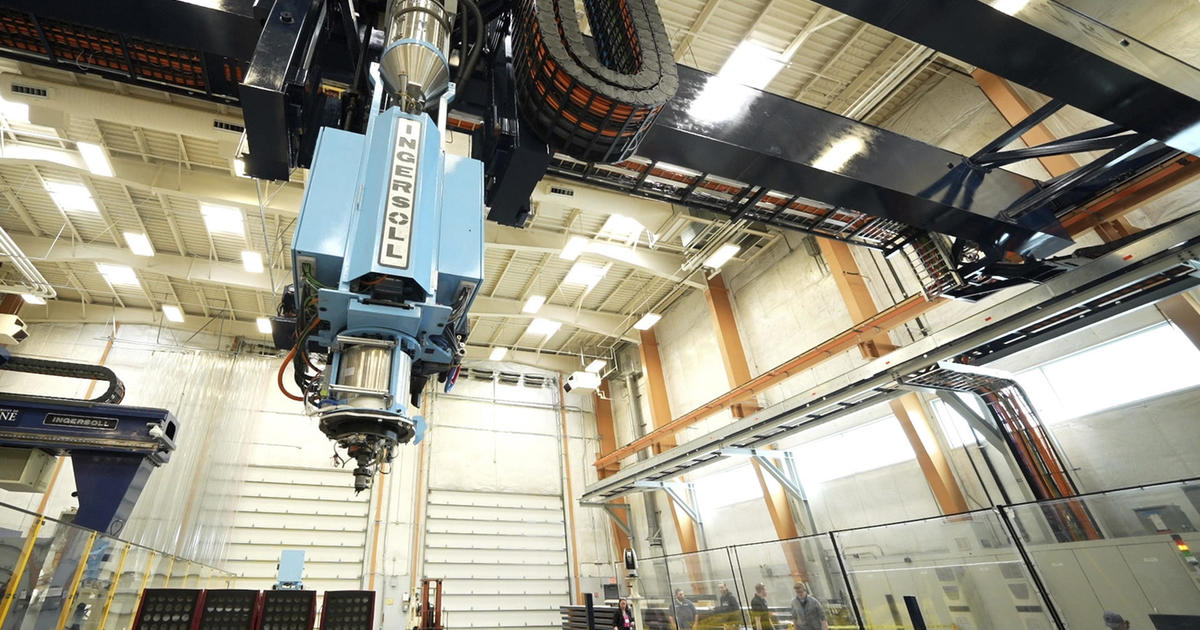Federal Reserve Stimulus Package: How It Affects You
BOSTON (CBS) - This is one of those cases where an economic decision made by anonymous faces far away has the power to reach your wallet.
The economic decision in question is something called quantitative easing. People have taken to calling it "QE2" for short – the "2", coming from the fact that this is the second time the Fed has tried this same strategy to get the U.S. out of its current economic troubles.
The Federal Reserve this time around is pumping more than half a trillion dollars into the economy. Though to be fair, the Fed's not even going to the trouble of actually printing money.
Instead, they're simply adding $600 billion to their balance sheets, buying Treasury bonds, and flooding banks with cash.
The goal is to give banks so much cash, they'll have to start lending—and get the system moving. In the long term, that could mean companies borrow money, expand, and maybe even start hiring again.
The problem? QE doesn't really have what one would call a perfect track record.
Critics use a slightly off-color metaphor. The thinking is, when your toilet's clogged, you don't fix it by adding more water. You have to fix the clog itself.
In this case, the banks are the clog; they are holding onto cash, and giving them a lot more won't necessarily encourage them to start lending.
But it will affect you. QE can and likely will bring interest rates down even further.
That means mortgage rates will fall even more – that's good news for homebuyers or potential refinancers. But it's bad news for retirees or anyone living off the interest from their savings.
QE tends to bring investors back into speculation, so gold prices may go up even more; that's good or bad, depending on your personal situation.
Oil speculation, though, is likely to lead to higher prices at the pump – no one's a big fan of that outcome.
Planning to travel abroad soon?
QE has the power to make the U.S. dollar weaker, so visiting other countries gets a lot more costly. You're going to get hit on the exchange rate.
There's irony in the fact that this decision comes so closely after the Republican victories in this week's elections. Many GOP candidates ran on a firm no-more-stimulus platform. But the Fed is autonomous, and can pretty much do whatever it wants without political permission.
While the domestic effects of QE have at least some potential to be positive, Boston University Associate Professor Kevin Gallagher takes a gloomier look at their impacts internationally.
"I'm hopeful for the U.S. but I'm really concerned for the world," explained the international relations professor. "In a globalized world, when the United States makes a measure like this it can have global ramifications."
Those ramifications include a vastly weakened dollar. Gallagher says a cheaper dollar threatens the recovery of other economies worldwide, and "can be very destabilizing to developing countries and emerging markets."



